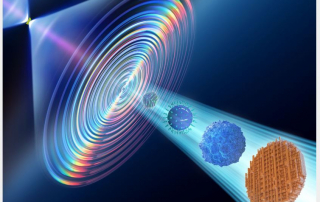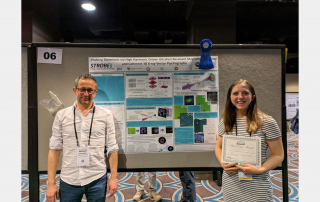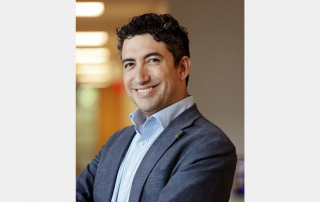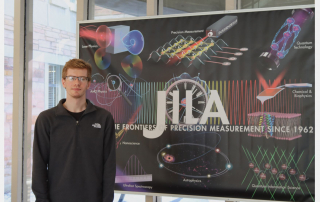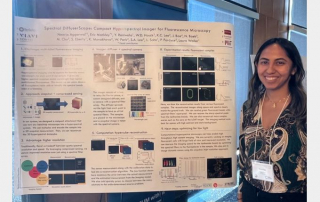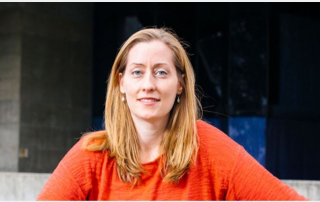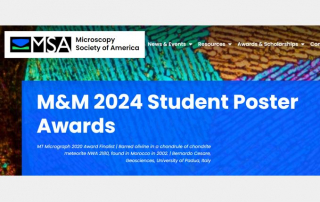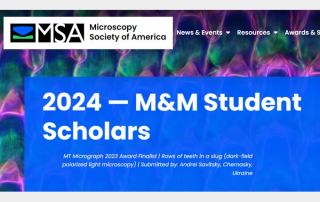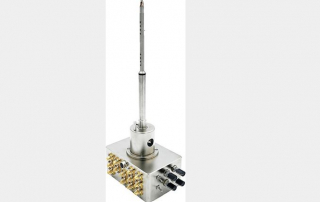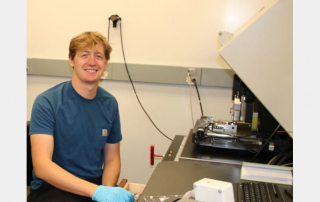Revolutionizing microscopy: 25 years of computational imaging breakthroughs
UCLA physicist John Miao pioneered a new form of microscopy with unprecedented precision and field of view. In 1999, then-graduate student Jianwei “John” Miao and his colleagues at the State University of New York, Stony Brook, demonstrated that a computational algorithm, combined with patterns of scattered photons, could reveal miniscule details previously impossible to capture with conventional microscopes.
Building on an established method for determining atomic structures called X-ray crystallography, they expanded its application to structures that lack the uniform, repeating patterns found in crystals. The algorithm reconstructs images from diffraction patterns — the arrangement of electromagnetic beams after they are bent and scattered as they pass through samples. This technique diverges from traditional microscopy by combining diffraction and computation to effectively replace the objective lens.
If you imagine microscopes as computer hardware, Miao’s approach is the “killer app” that unlocks their full potential. Over the past 25 years, scientists have integrated this approach into different types of microscopes, driving the field of computational microscopy to achieve unparalleled resolution and precision, and to capture the broadest fields of view yet on samples under investigation. These advances have led to brand-new insights into the structure and behavior of catalysts, superconductors, computer chips and next-generation batteries and materials…
